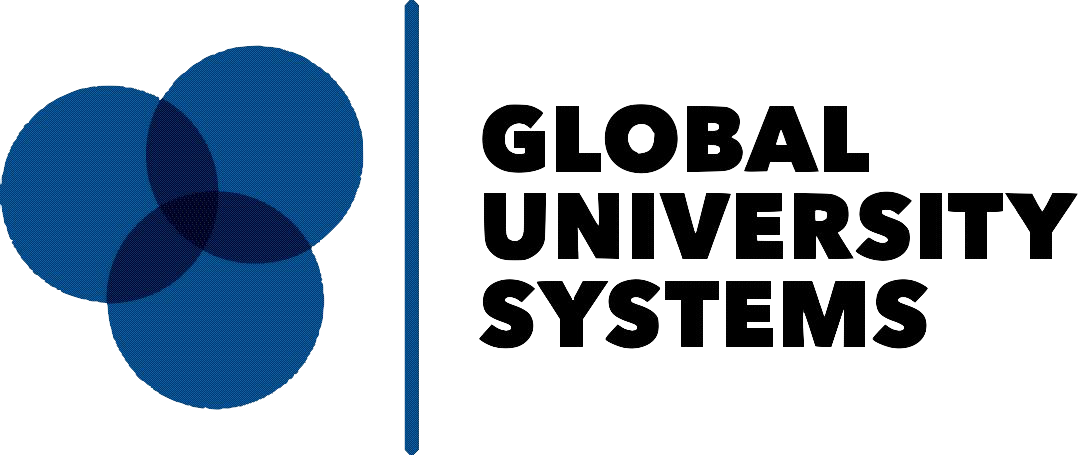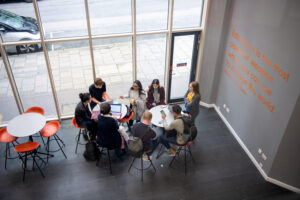Nurturing Responsible Business Leaders
Gisma University of Applied Sciences, based in Potsdam, Germany, blends academic theory with real-world business skills to nurture future leaders. At the heart of Gisma’s mission is a commitment to sustainability and responsible management. Woven into the curriculum and initiatives, Gisma aims to empower students to drive economic success while also positively impacting society and the environment. This also extends to their physical campus locations -with eco-friendly practices spanning energy efficiency measures, waste reduction, and sustainable sourcing, incorporating sustainability into day-to-day operations.
The Meli-Meli stingless bee honey programme is a great example of Gisma’s strengths, providing education at the intersection of business studies and environmental progress.
Meli-Meli Stingless Bee Honey
Led by Professor Phungmayo Horam, the programme is focused on promoting biodiversity and fair trade in the production of premium honey in Northeast India, primarily through educating the public about sustainable beekeeping and the importance of preserving natural habitats. Whilst teaching students about designing sustainable business models, it also focuses on the intricacies involved with sustainable beekeeping practices, enriching biodiversity in the region and supporting local communities.
As part of the Meli-Meli project, Gisma has partnered with YouthNet Nagaland, a non-profit organisation dedicated to empowering local youth and promoting sustainable development.
Gisma’s students get to work alongside their professors and local beekeepers, participating in training sessions, and helping develop marketing strategies to promote Meli-Meli stingless bee honey. This gives students hands-on experience in sustainable business practices and community engagement, seeing first-hand the direct impact of their efforts on local communities and the environment.
The programme is part of the Diaspora2023 initiative by the Federal Ministry for Economic Cooperation and Development (BMZ) and supported by the German Corporation for International Cooperation (GIZ).




